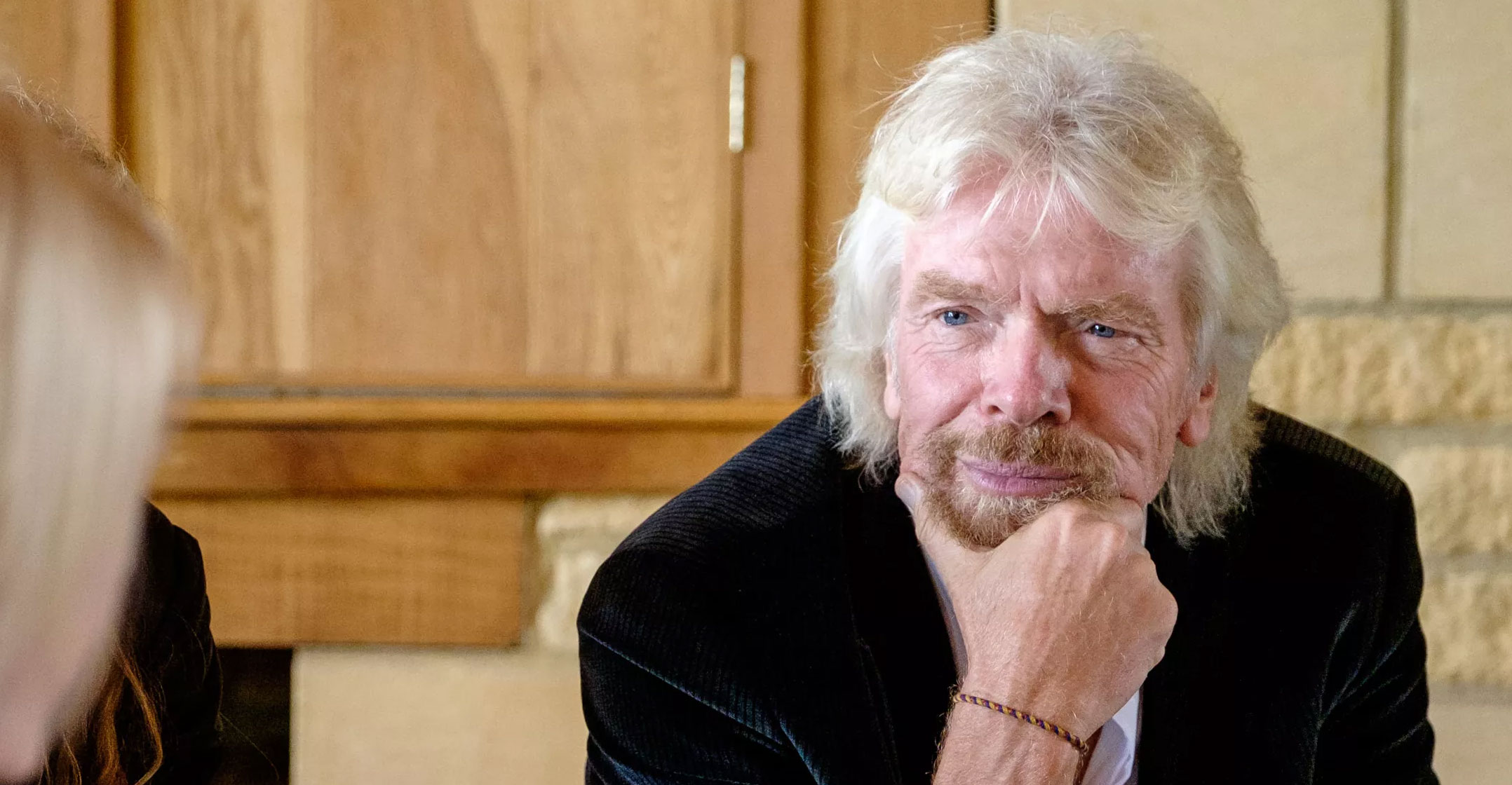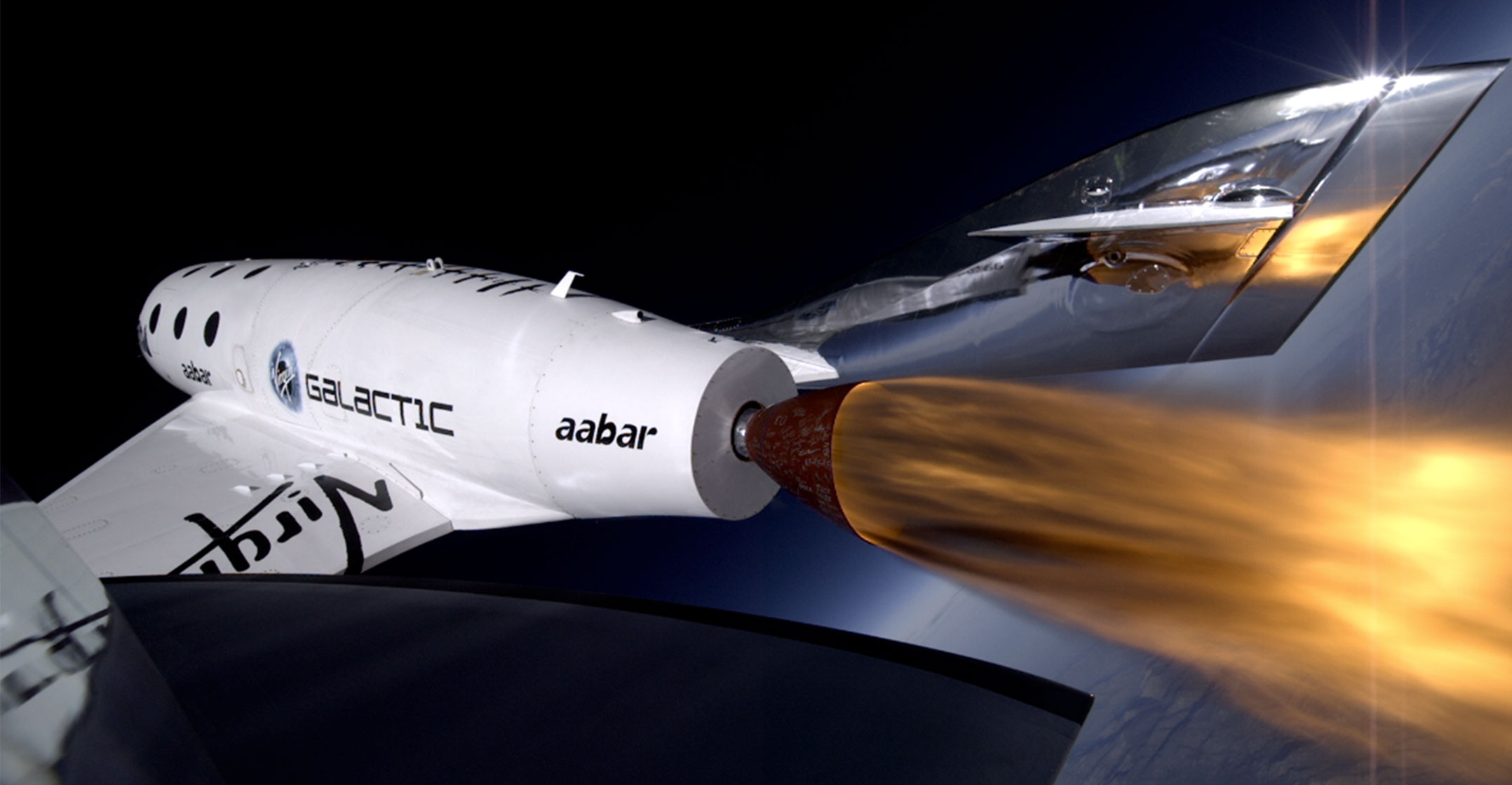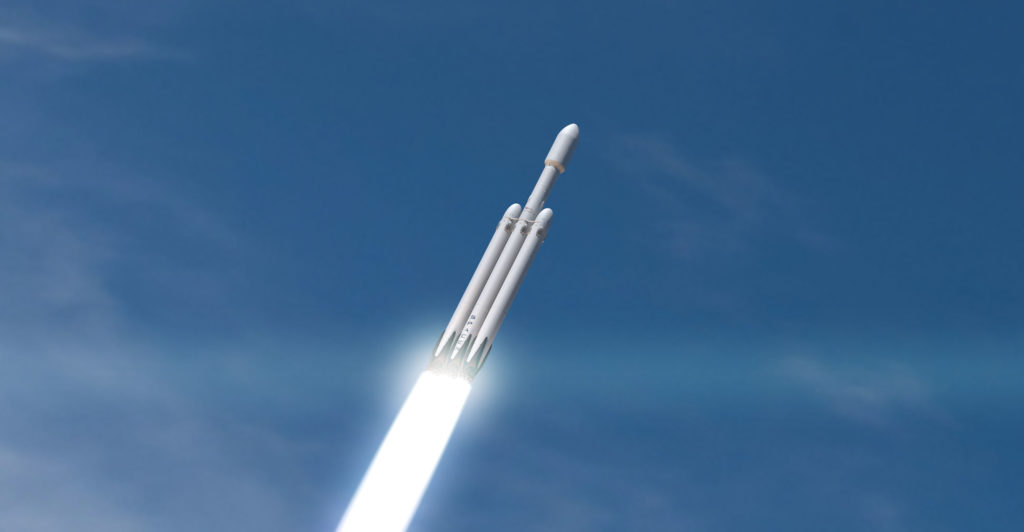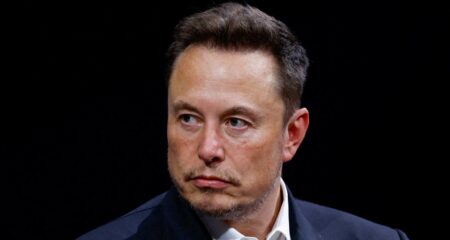
[dropcap]M[/dropcap]ore than two-and-a-half years after the fatal break-up of Virgin Galactic’s experimental rocket plane, Richard Branson is poised to revive powered test flights as the billionaire entrepreneur targets his first journey into space by the middle of next year.
Following the completion of a series of glide-only sorties, powered tests are set to take place every three weeks with the aim of extending them into space by November or December, Branson said in an interview. After his own flight, full commercial passenger operations should start by the end of 2018, he said.
Branson’s update is the most detailed since the October 2014 crash of Virgin Galactic’s original SpaceShipTwo, in which co-pilot Michael Alsbury died when the craft was torn apart after he prematurely unlocked a braking mechanism.
While the accident in the Mojave Desert came just months before the planned maiden commercial flight, Branson said the appetite for travel to the edge of space remains undimmed, leaving room for a number of competitors.
“We will never be able to build enough spaceships,” Branson said on Wednesday in Hong Kong following the introduction of Virgin Australia Holdings flights from Melbourne. “The demand is enormous.”
Branson was an early leader in the new space race after founding Virgin Galactic in 2004. Since then, rivals like the Jeff Bezos-backed Blue Origin and Elon Musk’s SpaceX have gained momentum by focusing on reusable rockets to cut the cost of space travel.
SpaceX, Blue Origin
On Wednesday, SpaceX successfully launched its 10th Falcon 9 rocket of 2017, little more than a week after sending a total of 11 communication satellites using two rockets, whose first-stage boosters were recovered for re-use later. Musk’s company has contracts with Nasa valued at about $4.2bn to transport astronauts and supplies to the Space Station.
Blue Origin’s New Shepard rocket has flown to suborbital space five times since November 2015. Suborbital space is high enough for passengers to experience weightlessness, but not high enough to orbit the Earth.
Branson, who turns 67 on 18 July, said there’s a role for various launch systems, especially in the deployment of satellites, viewed as a likely mainstay of Virgin Galactic’s future business.

The company’s Virgin Orbit arm is working on a two-stage air-launched rocket that would carry small satellites, with test rockets set to be dropped from an aircraft in the first quarter of 2018, the Briton said.
“There is definitely the demand for all three,” Branson said of the competing ventures. “We can take off at 24-hour’s notice, put a couple of satellites up and come back again. With ground-based rockets, there’s quite a long waiting time. Elon has bigger rockets, so he has advantages there.”
Branson declined to comment directly on US President Donald Trump’s 30 June announcement that he’ll revive a Cold War-era council that helped shape space policy, or on the US president’s suggestion that private companies are set to play “an important role” in the next phase of space technology.
“I think myself and Jeff Bezos and Elon are just getting on with it,” he said. “I don’t think I’ve heard of anything majorly exciting that’s come out of the administration as far as space is concerned, but maybe they’ll surprise us.”
Virgin Galactic will also play a role in developing elements of Boom Technologies’s planned supersonic plane, Branson said, and will build parts of the XB-1 demonstrator on which the US start-up plans to commence work before the end of this year.
Branson, a vocal opponent of the UK leaving the European Union, said he’s hopeful the country is now headed for a Brexit “kinder” to business following the outcome of May’s general election, which left the ruling Conservatives with fewer seats and dependent on the support of a smaller party. — Reported by Bruce Einhorn, (c) 2017 Bloomberg LP




